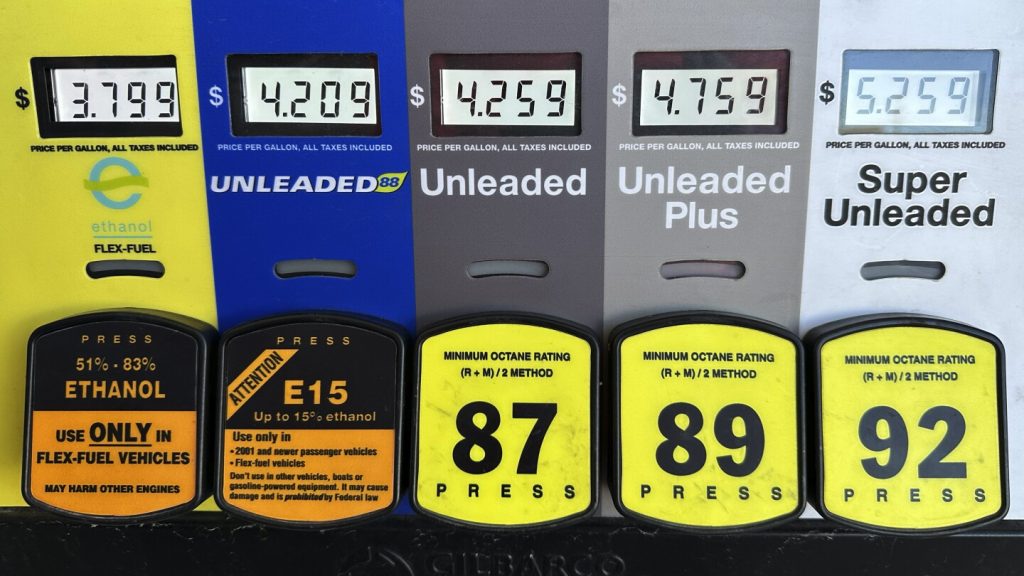Consumer inflation rose more than expected in March, driven by increases in gas prices, rents, auto insurance, and other items, according to government data. The core inflation rate, which excludes volatile energy and food prices, increased by 3.8% from March 2023 to March 2024. Car insurance prices rose by 22.2% compared to a year ago, attributed to expensive car repairs and an increase in disaster-related claims. The cost of groceries increased by 1.2% year-over-year, with the price of uncooked ground beef reaching $5.42 per pound and a dozen Grade A eggs costing an average of $2.99 in March.
Shelter costs, primarily housing-related, saw a 5.7% year-over-year increase, heavily influencing the overall consumer price index. Conversely, the average price of used cars and trucks declined by 2.2% last month, following a surge in prices during the early stages of the pandemic due to a shortage of parts needed for new vehicles. The price for a gallon of unleaded regular gasoline was $3.58 in March, up by 22 cents from February but down approximately 73 cents from the same period in 2022. Air travel, hotel rooms, and car rentals experienced price declines, while funeral costs rose by 5.5% in March compared to a year ago.
These inflationary trends reflect the ongoing challenges faced by consumers in managing their budgets amid rising costs for essential items and services. The significant increase in core inflation highlights the broader impact on the economy, as prices continue to rise across various sectors. The surge in car insurance prices can be attributed to a combination of factors, including higher repair costs and increased claims related to natural disasters. While grocery prices have moderated compared to the spikes seen in 2022, consumers are still facing higher costs for everyday items like ground beef and eggs.
The housing market, a key driver of shelter costs, remains a significant contributor to the overall inflation rate, with prices continuing to rise. On the other hand, the decline in used car and truck prices indicates a shift in consumer preferences or market dynamics that have impacted pricing in the automotive sector. Gas prices, while higher compared to the previous month, have decreased significantly from the previous year, providing some relief for consumers at the pump. The reduction in air travel, hotel, and car rental prices suggests a readjustment in the travel and tourism industry following the pandemic.
As consumers navigate these inflationary pressures, there is a need for proactive measures to address rising costs and ensure financial stability. The ongoing impact of inflation on household budgets underscores the importance of implementing effective strategies to mitigate its effects. With prices for essential goods and services on the rise, consumers are facing increased financial challenges that require careful planning and budgeting. Policymakers and businesses must also consider the implications of inflation on economic growth and stability, taking into account the varying impacts across different sectors. Overall, the latest inflation data highlights the complex dynamics at play in the economy and the need for careful monitoring and response to address the challenges faced by consumers.


